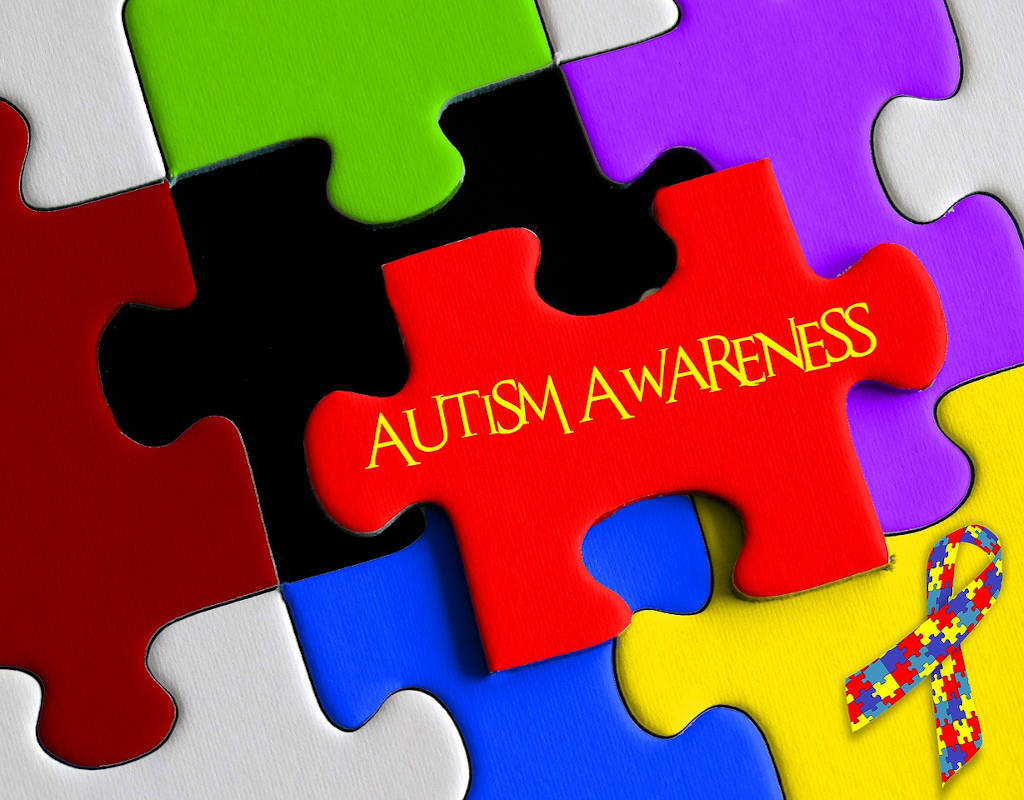Early detection of autism could be as simple as driving to the dairy with the quick and easy 60 second Toddler Driving Test.
Kiwi parents can now check if their toddler is showing early signs of autism spectrum disorder (ASD), simply by tuning into the radio in their car. Autism New Zealand has recently launched the ‘Toddler Driving Test’, a fun 60 second audio campaign which will play across national radio stations and is also avaiable on Spotify.
The Toddler Driving Test is a world-first initiative designed to navigate the considerable barriers to early testing by delivering an accessible early detection test where almost every toddler can be found – the booster seat.
Identifying the early signs
Autism is thought to affect one in 59 New Zealanders and while many signs of autism can appear from as early as infancy, the average age of diagnosis is 6.4 years. For many children in the country diagnosis may not come until after they’ve begun school.
The Toddler Driving Test aims to assist Kiwi parents in identifying early signs of autism in children from 12 months of age, prompting next steps for further assessment and potential diagnosis. Autism New Zealand’s Chief Executive, Dane Dougan, says he is proud of the work the charity has done and hopes that this campaign will not only help lower the average age of diagnosis through early detection in New Zealand but equip families with the tools they need early on.
“The beauty of the Toddler Driving Test is its simplicity. In many cases, a test wouldn’t be conducted at all unless their child is showing significant signs, but now parents are potentially able to detect early signs of autism in the car while listening to their favourite radio station.”
Dougan goes onto say that, “The earlier autism is detected and in turn diagnosed by qualified clinicians, the sooner the family can access everything they need to help them connect with their child and connect their child with the world.”
Early diagnosis is key
Studies1 have indicated that children diagnosed early demonstrated better verbal and overall cognition at school age, were more likely to attend mainstream school and required less ongoing support than children diagnosed later.
Hannah Waddington, a spokesperson from the Victoria University of Wellington’s Autism Clinic agrees that early detection and intervention is key.
“The earlier we identify children who may have autism, the sooner we can provide effective support to them and their whānau. It is important that we all work together to bring down the age of identification,” says Waddington.
Take the Toddler Driving Test
The short audio clip is designed to be played in the car and prompts parents to do three simple tests with their toddler including checking their response to their name, eye contact, and the toddler’s ability to imitate their parent.
Parents looking to access the Toddler Driving Test can hear it played on NZME radio stations this month, by visiting the website toddlerdrivingtest.co.nz or on the Toddler Driving Test Spotify playlist.
For more information or to speak to an Autism New Zealand Outreach Coordinator please visit www.autismnz.org.nz.
1 Clark, M. L. E., Vinen, Z., Barbaro, J., & Dissanayake, C. (2017) School Age Outcomes of Children Diagnosed Early and Later with Autism Spectrum Disorder. Journal of Autism and Developmental Disorders, 48, 92–102 doi:10.1007/s10803-017-3279-x
Information provided by Autism NZ
Has your toddler taken the Toddler Driving Test?
See more:







Leave A Comment
You must be logged in to post a comment.